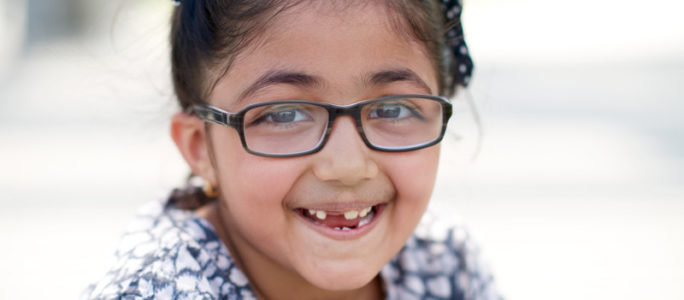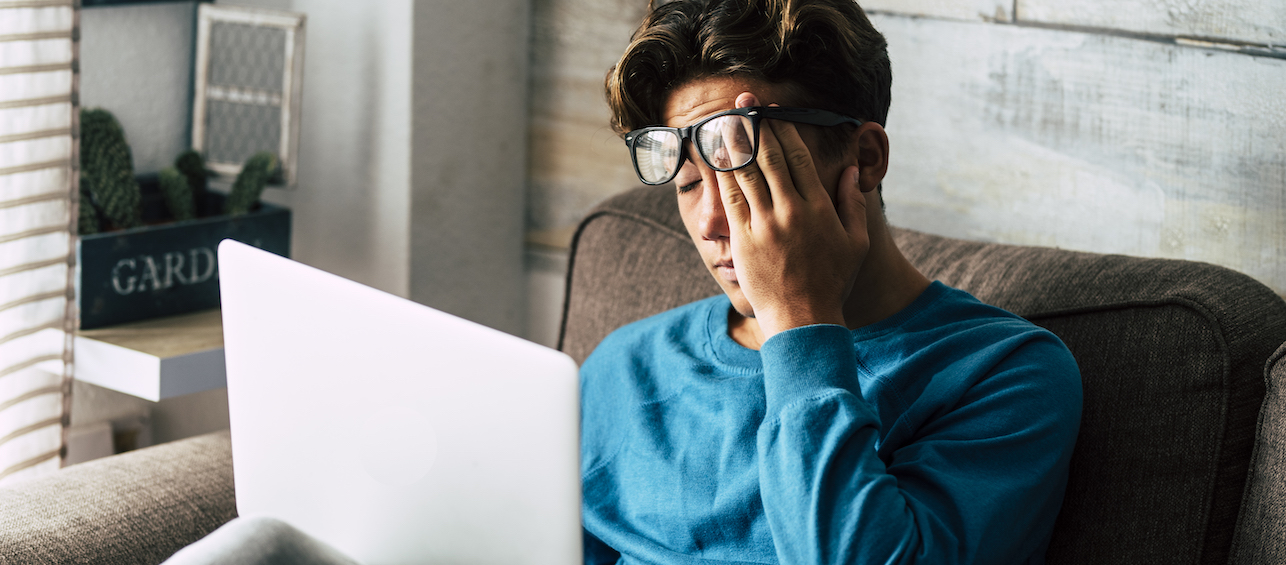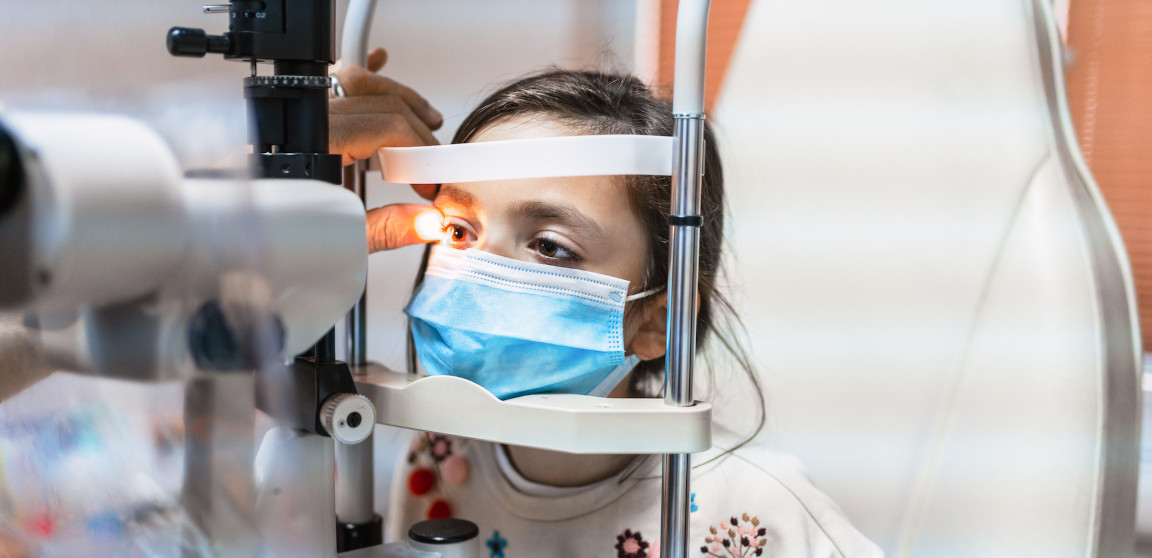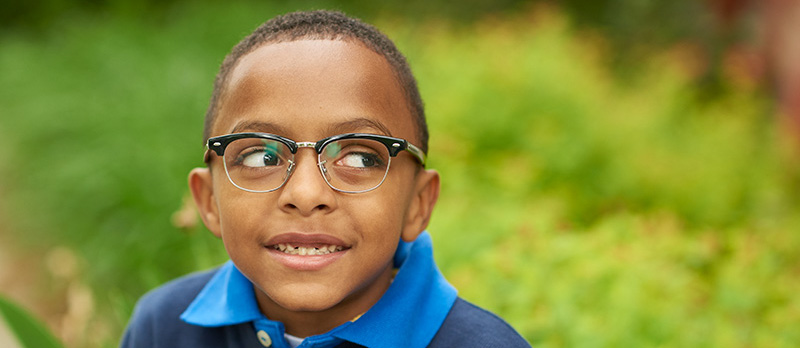Good vision and eye health are key to your child’s learning and development. As vision continues to develop up until the age of 8 or 9 years old, it’s important to have your child’s eyes checked so that any issues can be caught early enough to treat.
The American Academy of Pediatrics recommends that your child’s eyes be screened by their pediatrician for problems at birth, by 6 months of age, at 3-4 years of age, at 5 years of age, and each subsequent year at their well-check visit.
However, there is a difference between a vision screening, which can be done at your child’s primary care provider, and a comprehensive eye exam, which is typically conducted by an optometrist or ophthalmologist. We recommend speaking with your child’s primary doctor to discuss when he or she thinks your child should have a comprehensive eye exam.
In addition to vision screenings and eye exams, it’s important for parents to keep an eye out for warning signs of vision problems that can develop in between those screenings and exams.
4 Signs of Vision Problems in Kids
- Physical symptoms. Some problems you’ll be able to see just by looking at your child’s eyes. Please call your child’s doctor to determine the urgency of a comprehensive exam by an ophthalmologist if he is displaying the following symptoms:
- Misaligned eyes (crossed, one turned out)
- Eyes that flutter or shake
- Cloudy pupil (in babies)
- Bulging eyes
- Droopy eyelids
- Chronic tearing, redness, swelling
- Squinting or rubbing of eyes
- Changes in behavior. If your child is doing something differently than he used to do, it could be a sign that he is experiencing a vision problem. For instance, he used to sit far away from the TV and is now sitting close. He used to be able to consistently catch a baseball and now he can’t. Or, she is having difficulty at school copying from the board to her paper, when she was able to do it before. Depending upon your child’s age, he may be able to tell you if he’s having a difficult time seeing something. All of these signs can be red flags that your child might need glasses. Have your child’s pediatrician screen for a vision problem and then refer for a comprehensive eye exam if there is a problem.
- A suspected developmental delay. If you suspect that your child isn’t developing in a way that you think she should, speak with your child’s doctor about it. He or she might recommend an eye exam to rule out a vision problem. If you feel that your child is having difficulty recognizing her colors or learning letters or numbers, discuss having a comprehensive eye examination with her primary doctor.
- Eye trauma: If your child suffers a traumatic injury involving the eye, you might want to go directly to the emergency room or an urgent care setting depending on the severity.
Up to 25% of school age kids have vision problems and may need glasses, so it’s important to have their eyes screened regularly. We recommend having a conversation with your child’s primary care doctor about when your child should have a comprehensive eye exam.
To learn more about our Division of Opthalmology, visit our webpage or call 513-636-4751.






I got my glasses in the first grade and it made a world of difference. I was able to participate in class and be successful and confident. It’s unfortunate that there is still such a stigma against glasses because they changed my young life. I remember driving home from getting them and being able to see all the leaves on a tree. https://www.victoriaoptometryassoc.com/